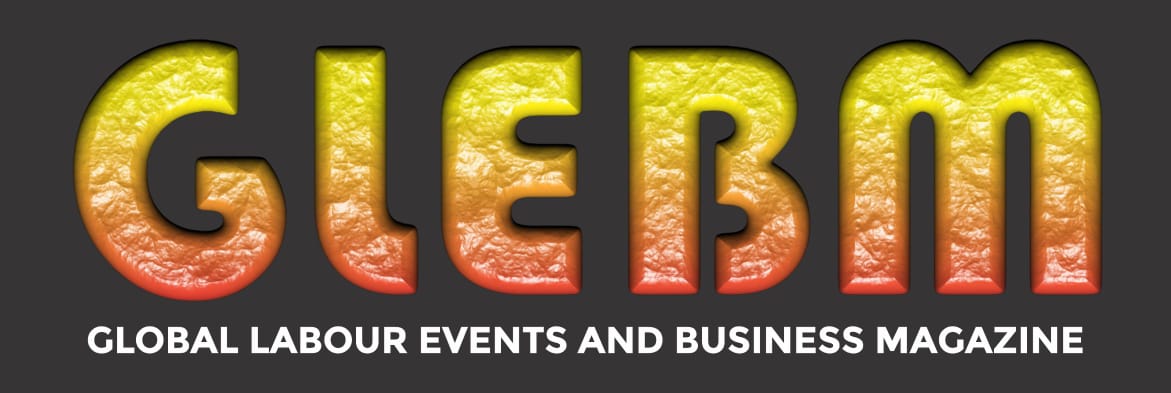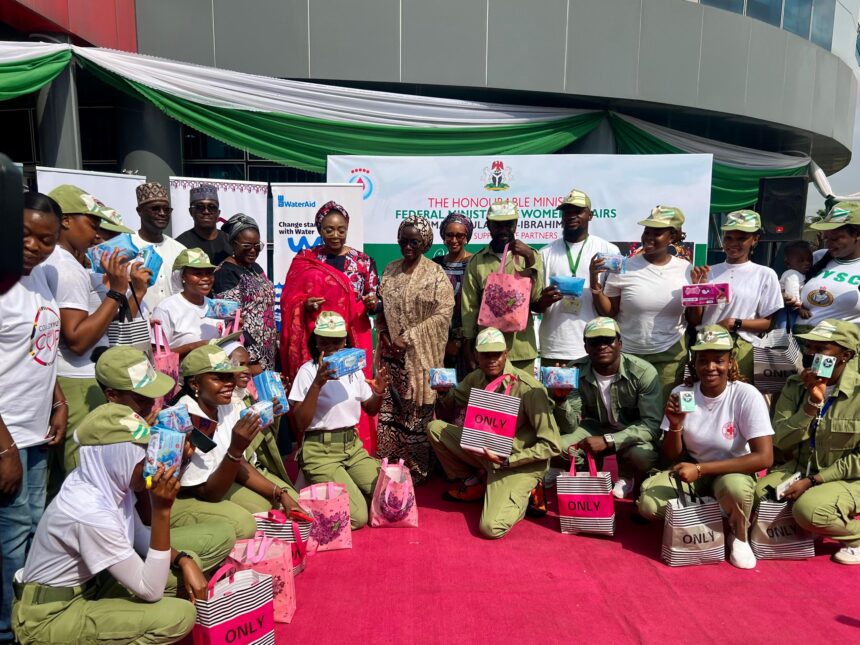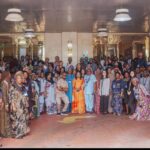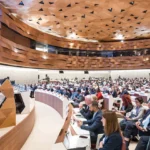By Winifred Sunday
In commemoration of Menstrual Hygiene Day 2025, the Federal Ministry of Women Affairs convened a national sensitization workshop for members of the National Youth Service Corps (NYSC), under the theme “Together for a Period-Friendly World.” The workshop, held at the Ministry’s headquarters in Abuja, spotlighted the urgent need to address period poverty and menstrual stigma through youth empowerment, public education, and inclusive policy action.
In her keynote address, the Honourable Minister of Women Affairs, Hajiya Imaan Sulaiman-Ibrahim, FSI, called menstrual health a “fundamental human rights concern” deeply linked to gender equity, education, and civic participation.
“Menstrual health is not just a hygiene issue, it is a dignity issue,” she said. “Every girl and woman has the right to make informed choices about her body and to access safe, affordable menstrual products without shame or stigma.”
Responding to ongoing public discourse around sustainable menstrual products, the Minister clarified the Ministry’s position on sanitary pad options:
“Among all the menstrual products available reusable pads, tampons, menstrual cups, disposable pads, every woman should have the freedom to choose what is most comfortable and appropriate for her. Our advocacy for alternatives is about offering informed, sustainable choices not restrictions.”
A Strategic Milestone
The event marked a key milestone with the official unveiling of the National Training Manual and Facilitators Guide on Menstrual Health and Hygiene Management (MHHM), developed by Population Services International (PSI). The resource, launched by the Minister, is designed to support nationwide menstrual education at both grassroots and institutional levels.
Dr. Priscillia Achakpa, CEO of the Women’s Environmental Programme, delivered a compelling paper titled “Understanding Period Poverty and Menstrual Equity in Nigeria.” She highlighted how inadequate menstrual support affects school attendance, public health, and girls’ overall well-being.
“We cannot achieve gender equity without addressing the silent crisis of menstrual poverty,” Dr. Achakpa stressed. “Menstrual dignity must be central to our development agenda.”
Youth at the Forefront
The workshop featured vibrant spoken word performances by NYSC members, interactive technical sessions, and a role-play segment where Corps members demonstrated practical approaches to solving menstrual hygiene challenges in underserved communities.
In his goodwill remarks, Brigadier General Olakunle Oluseye Nafiu, Director General of the NYSC, lauded the initiative and reaffirmed the role of youth in advancing menstrual equity at the community level.
“Our Corps members are not just participants they are changemakers,” he said. “This workshop equips them with knowledge to tackle stigma, educate peers, and promote health in the communities they serve.”
Multi-Sector Engagement
A high-level panel discussion featured representatives from:
-
Federal Ministry of Women Affairs (FMWA)
-
Federal Ministry of Health (FMoH)
-
Federal Ministry of Environment (FMoE)
-
Federal Ministry of Water Resources and Sanitation (FMWRS)
-
WaterAid Nigeria
-
PSI Nigeria
Development partners including Health Aid for All Initiative (HAFAI) and Girl Child 366 also lent their voices in support of menstrual justice and education.
Empowering Choices
In line with the message of informed choice, all NYSC participants received parting packs containing a variety of menstrual hygiene products from disposable sanitary pads to reusable cloth pads and menstrual cups. The distribution aimed to demystify product options while promoting sustainability.
As the event concluded, the Minister called on stakeholders to maintain momentum beyond the workshop.
“This is not a one-day conversation,” Hajiya Imaan Sulaiman-Ibrahim said. “This is a national movement toward a Nigeria where no girl is held back because of her period.”




